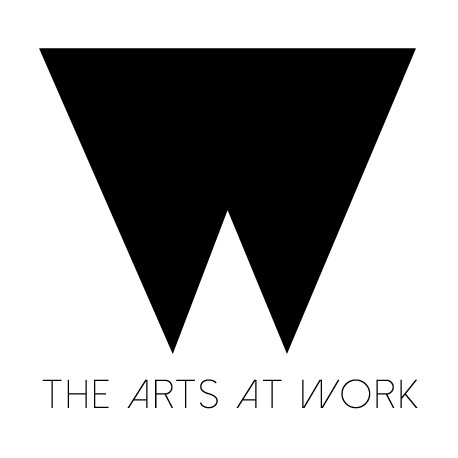Photo by Getty Images
Some are new, some are not. Nonetheless, all of the articles linked to below are fueling our ideas and discussions this week.
The Guardian sounds the alarm about the tech sector's influence on urban development (focusing on Google’s Toronto project), with a reminder that "Cities are real places with real people who have a right not to live with whatever “smart solutions” an engineer or executive decides to unleash."
It is time that we eschew the status quo and transcend mere problem solving? Robert Ransick makes the case for radical reinvention of our current systems and their underlying structures - led by artists, but incorporated into multi-disciplinary approaches.
More reports on the dangers of Artificial Intelligence: a report on a machine that can learn without human intervention and Elon Musk's worries about those who would create "AI Gods".
Oh another note - who needs machines, when you have musicians? Pacific Standard shares research on the profound connection between musicality and memory.
The Chronicle of Philanthropy reports that fewer people are donating to charity, and the influence of those who do donate is increasingly outsize. Although this may alarm many non-profits, it may represent tremendous opportunity for social-minded entrepreneurship and human-centered innovations.
Independent Sector is aiming to amplify the influence of innovation in the social good sphere, through the creation of Upswell - a "SXSW of the social sector”.



